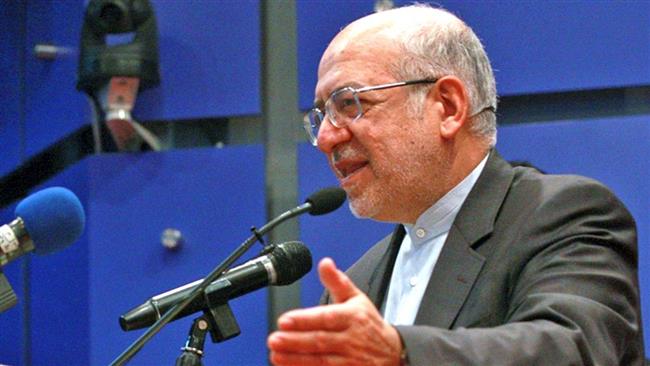Iran says it considers increasing import tariffs in an effort to protect domestic production.
“Import tariffs should be increased to dissuade people from importing goods,” Tasnim News Agency quoted Mohammad Reza Nematzadeh, Minister of Industries, Mines and Trade as saying.
Nematzadeh said supporting production units as well as projects which contribute to the expansion of non-oil exports top the agenda of the government.
He also called on Iranian consumers to purchase home-grown products to boost the country’s economy.
“By buying Iranian goods, people can contribute to improving the country’s per capita income, as well as employment rate. Iran is getting industrialized and to be successful on this path, it needs the nation’s sacrifice,” said Nematzadeh.
Boosting domestic production
Back in February, Iran’s government spokesman announced that the country will counter foreign economic pressures via relying on domestic capacities.
He pointed to the ‘unprecedented’ plunges in oil prices in recent months and said dependency on oil revenues was cut by 8% in the budget proposed by the government.
“Despite all difficulties imposed by the enemy, we managed to decrease the budget,” said Nobakht.
Resistance-based economy
The head of Iran’s Management and Planning Organization also reiterated that the budget has been planned in line with principles of resistance-based economy.
Last year, the Leader of Iran’s Islamic Revolution Ayatollah Seyyed Ali Khamenei outlined general policies of the resistance-based economy and called on the three branches of the Iranian government to implement the general policies of the resistance-based economy.
This economy is aimed at promoting knowledge-based economy and domestic production, especially in strategic products and services, slashing dependence on imports and oil revenues.
